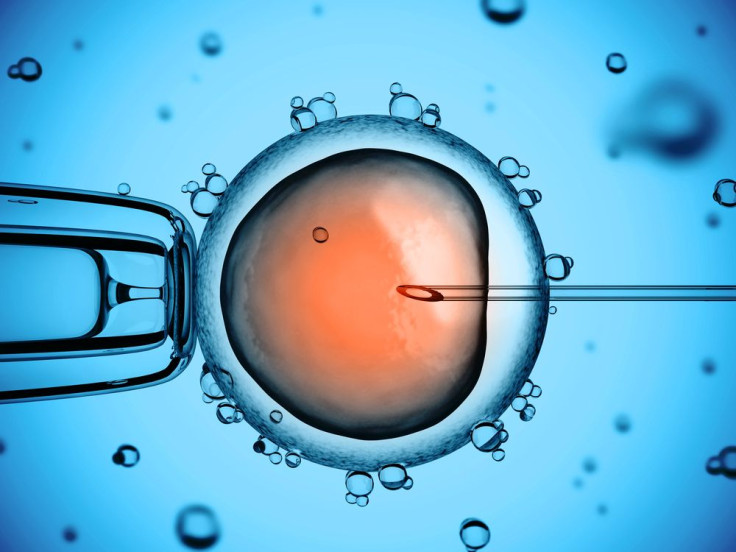Cutting The Power To Cancer, Inflammation: Inhibition Of Blood Vessel Metabolism Could Treat A Range Of Conditions

Local vascular “power outages” could represent a new, effective treatment strategy against a variety of ailments. In a new study from the University of Leuven in Belgium, researchers show that the progress and damage of many debilitating conditions may be suppressed by drugs that target the metabolism of certain blood vessels. The findings hint at new therapies for cancer, inflammatory disease, and age-related macular degeneration.
For some time, doctors have tried to halt the progression of treatment-resistant conditions by inhibiting the formation of new blood cells associated with pathological growth. However, drug inefficiency and frequent relapse have rendered most attempts unsuccessful. The new study, which is published in the journal Cell Metabolism, describes how a brand new approach to vascular inhibition may solve this problem.
Whereas previous research and treatment efforts have tried to limit blood vessel formation by targeting the so-called endothelial growth factor, the new method attacks glycolysis — the cellular process whereby disease-related cells generate necessary energy. In other words, rather than suppressing the growth itself, the new method cuts the power on which the growth relies. "Our findings reveal a new strategy to block blood vessel growth in various pathological conditions by depriving them of energy and building blocks necessary for growth," senior author Peter Carmeliet explained in a press release.
Previous research has revealed that blood vessel formation relies on a glycolytic activator called PFKFB. The new method blocks this glycolytic activator by introducing the molecule 3PO. "As many cells in the body need glycolysis for growth and survival, the partial and transient reduction of glycolysis might limit the side effects and toxicity of this therapy in the clinic," Carmeliet added.
According to the researchers, the findings could inspire new therapies for a range of conditions. Cancer growth, loss of vision, and chronic inflammation are only some of the many pathological processes that rely on new blood vessel formation. With 3P0, doctors may be able to halt them completely.
Source: Schoors S, De Bock K, Cantelmo AR, et al. “Partial and Transient Reduction of Glycolysis by PFKFB3 Blockade Reduces Pathological Angiogenesis.” Cell Metabolism. 2013.



























